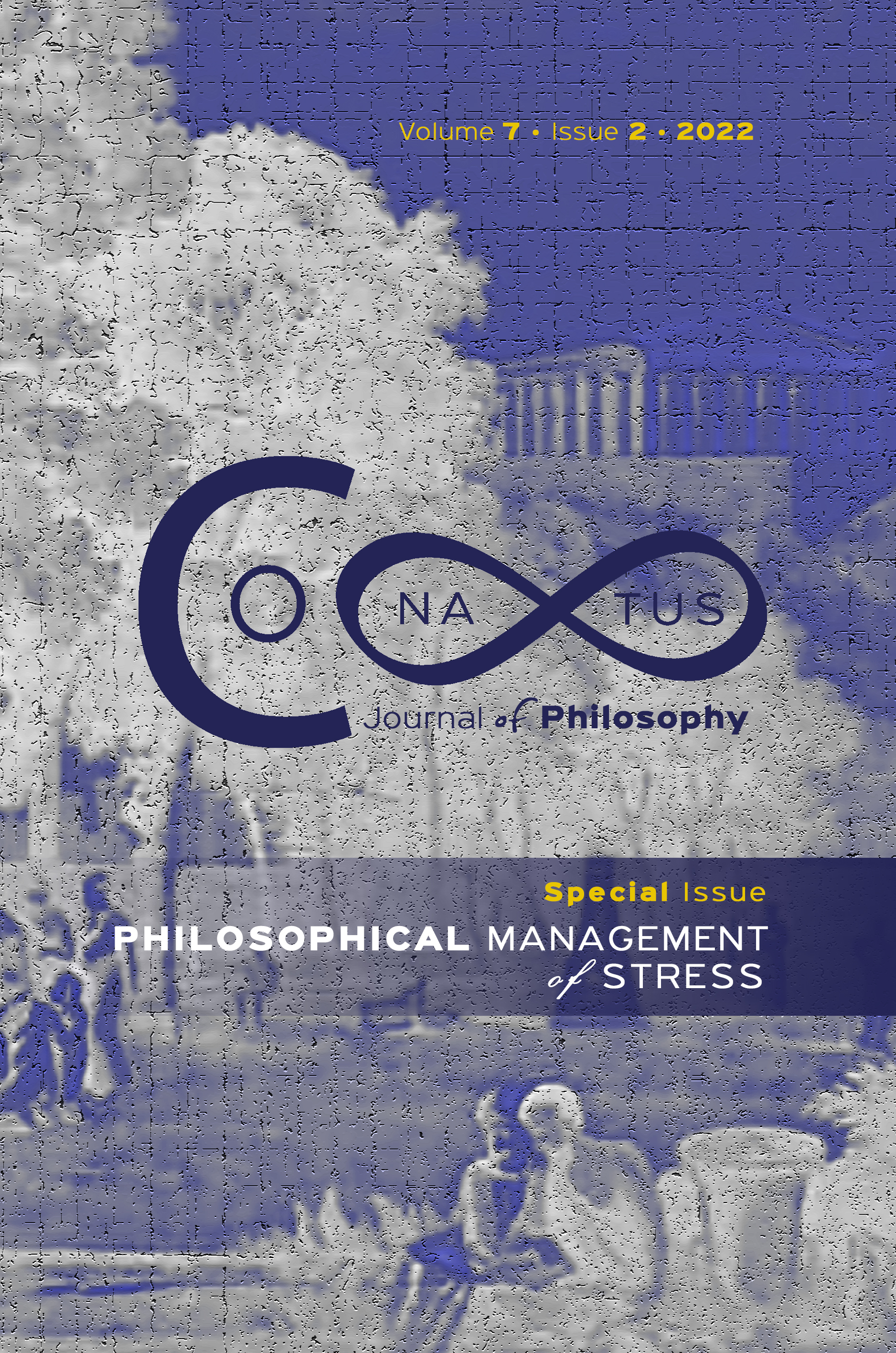Management of Stress through Philosophical Reflections: Teachings by Boethius (d. 524) for Our Modern Life

Abstract
While many scholars in the medical and psychological profession offer specific suggestions about how to handle stress and to overcome its negative impact, very few have ever considered philosophical reflections as a critical tool for this problem. One of the greatest moments of stress would certainly be when an individual has to face his/her death penalty and subsequent execution, especially if s/he feels innocent. Already ca. 1.500 years ago, the late antique philosopher Boethius (d. ca. 524) had to answer for himself how to cope with this situation, being imprisoned and waiting for his last terrible moment. When he composed his treatise, The Consolation of Philosophy, he created one of the most influential philosophical reflections on life’s burning issues. This treatise continues to offer fundamental insights into how to come to terms with the conflicts and stresses of human existence, and it is discussed here as a profoundly philosophical answer to stress in universal terms.
Article Details
- How to Cite
-
Classen, A. (2022). Management of Stress through Philosophical Reflections: Teachings by Boethius (d. 524) for Our Modern Life. Conatus - Journal of Philosophy, 7(2), 63–78. https://doi.org/10.12681/cjp.25648
- Section
- Articles

This work is licensed under a Creative Commons Attribution-NonCommercial 4.0 International License.
Authors who publish with this journal agree to the following terms:
Authors retain copyright and grant the journal right of first publication with the work simultaneously licensed under a Creative Commons Attribution Non-Commercial International License (CC BY-NC 4.0) that allows others to share the work with an acknowledgement of the work's authorship and initial publication in this journal.
Authors are able to enter into separate, additional contractual arrangements for the non-exclusive distribution of the journal's published version of the work (e.g. post it to an institutional repository or publish it in a book), with an acknowledgement of its initial publication in this journal.
Authors are permitted and encouraged to post their work online (preferably in institutional repositories or on their website) prior to and during the submission process, as it can lead to productive exchanges, as well as earlier and greater citation of published work.





